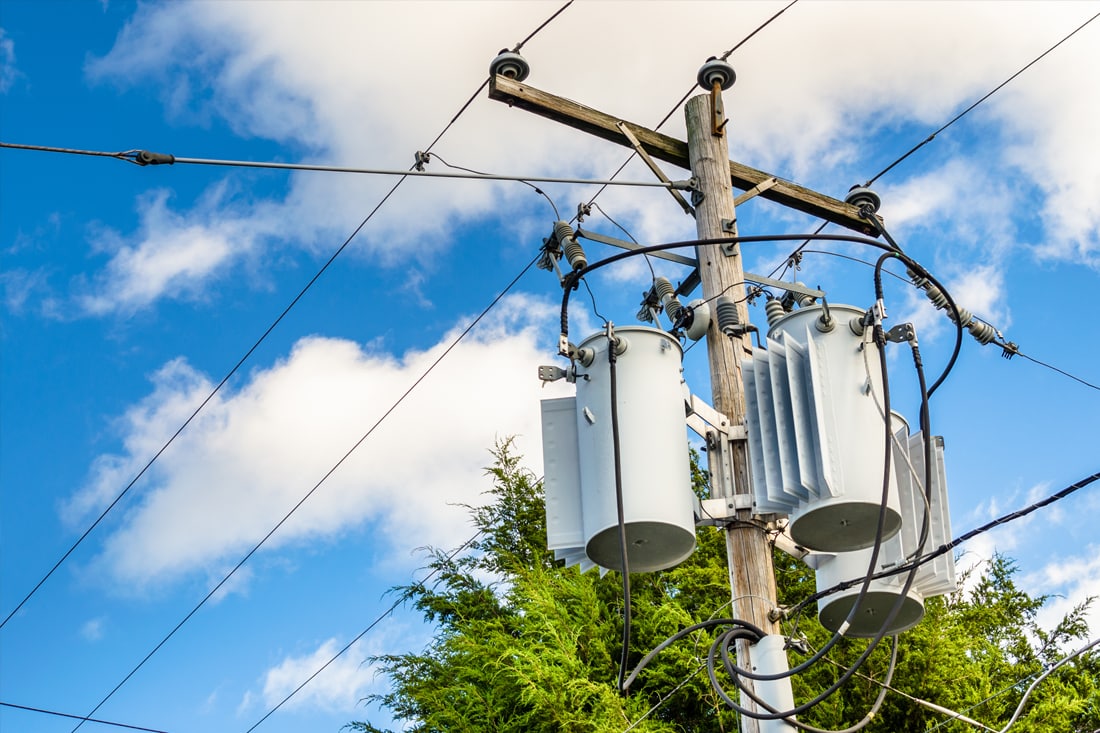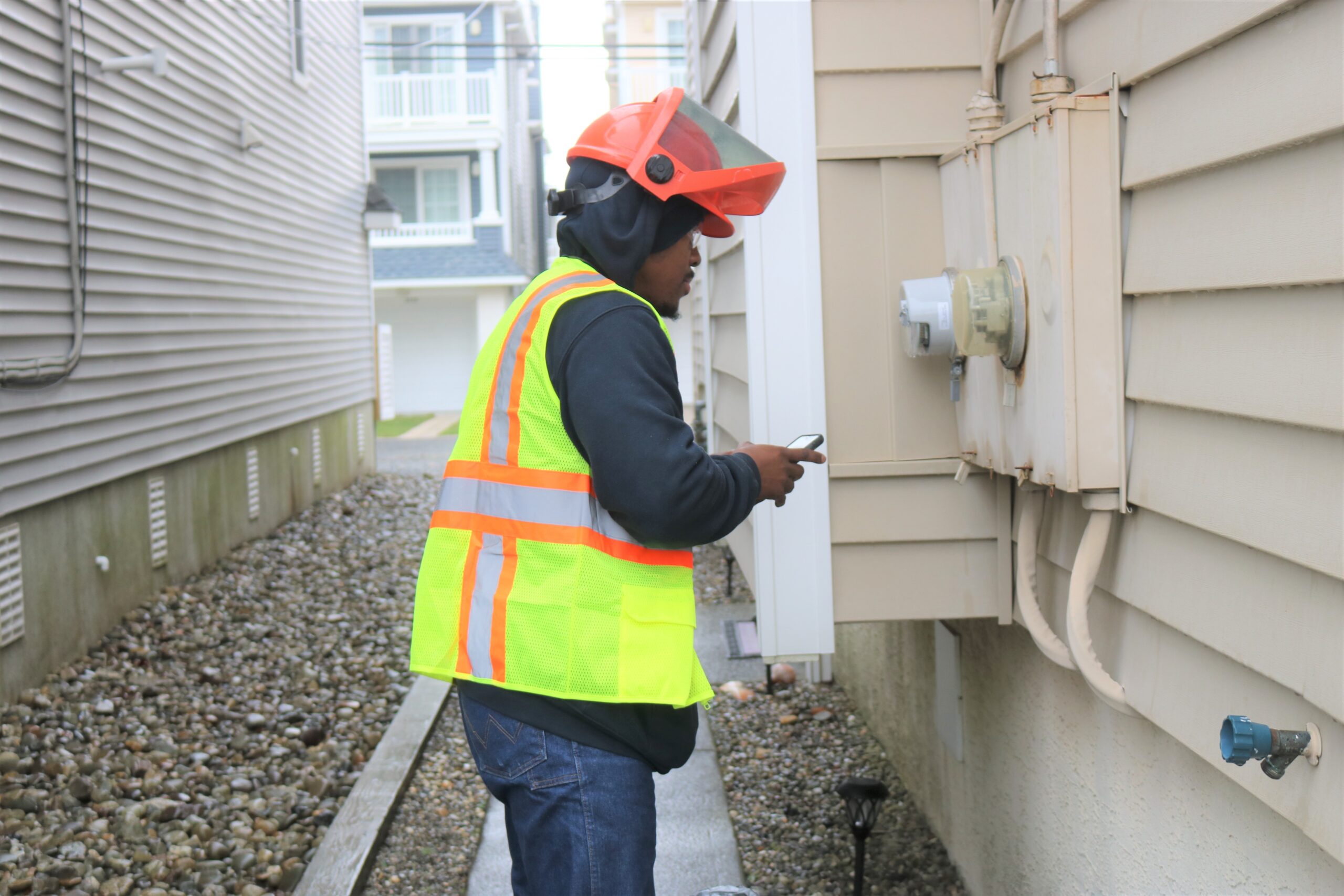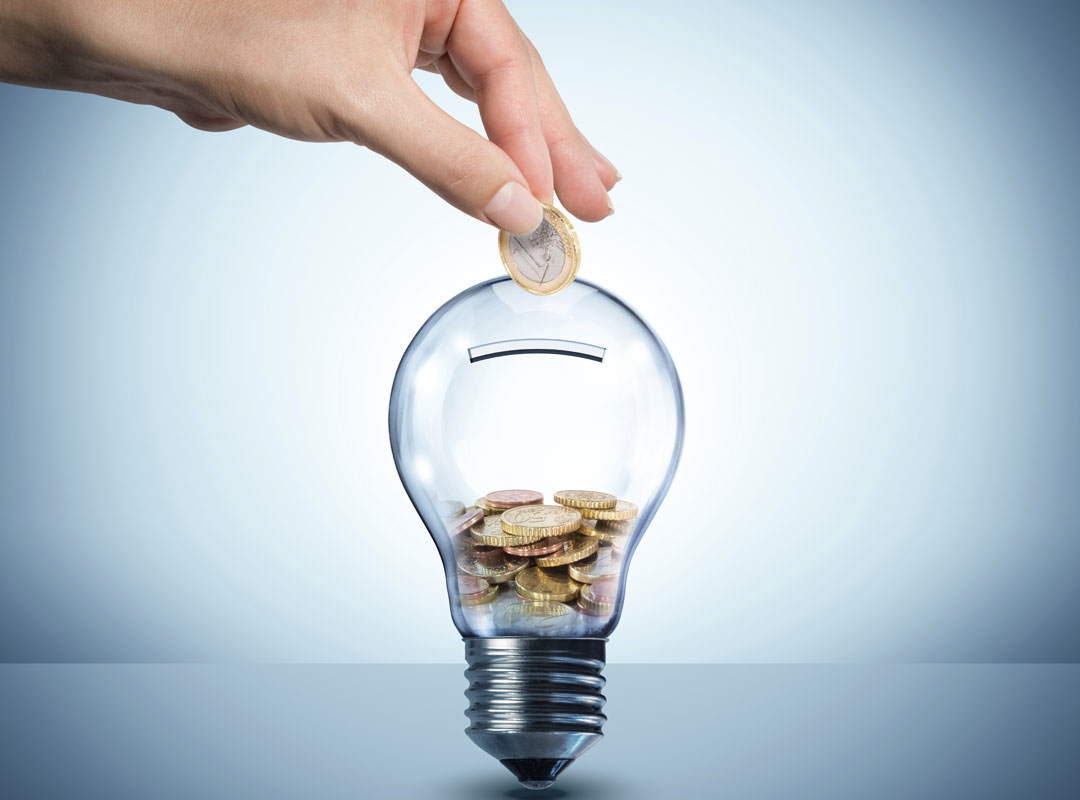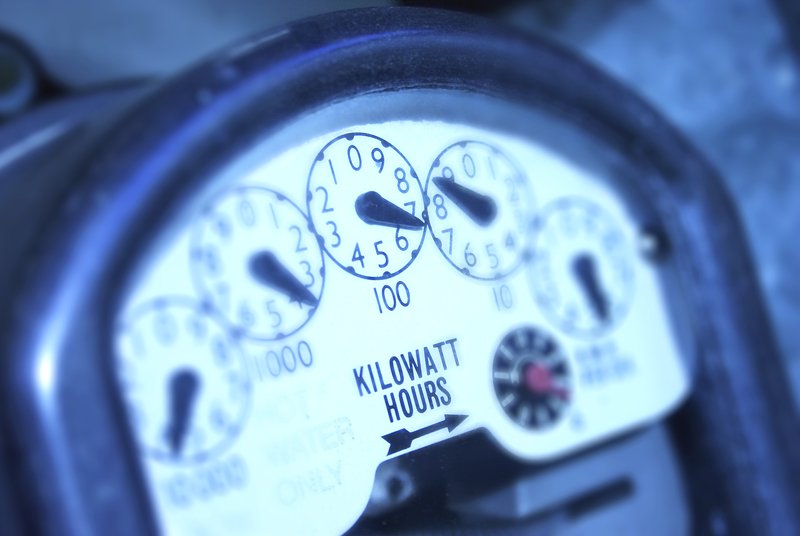This article is your complete guide to learning how to do a home energy audit yourself! A DIY home energy audit is an essential step for any homeowner interested in making their home more energy efficient. While also reducing unnecessary energy usage. Not only can it help you identify where you are losing energy, but it also provides proactive insights that can lead to significant cost savings!
Here at The Energy Professor, we want to give you the information you need to not only save money on your energy bill, but to also become more energy efficient. We hope you find this post helpful! And makes it easier for you to know more about DIY energy audits. Be sure to also check out our one of a kind energy savings calculator!
The Energy Professor Electricity Rate Check Tool
DIY Energy Evaluation vs. Professional Energy Audit

When deciding between a DIY energy evaluation and a professional energy audit, it’s important to understand what each approach offers. A DIY home energy audit typically involves checks for air leaks, insulation adequacy, and general appliance assessments. All of which can be conducted without special tools. Where a professional energy audit goes much deeper than that. Professionals use advanced equipment like blower doors and infrared cameras to provide a comprehensive energy assessment. This more detailed analysis helps prioritize improvements effectively, making professional audits more thorough than DIY ones. However, they come at a higher upfront cost.
What is the Difference Between an Energy Audit and an Energy Assessment?
Energy Audit: A professional energy audit includes thorough testing using specialized equipment like blower doors and infrared cameras to provide a comprehensive assessment of energy flows in a home. This detailed analysis not only pinpoints where energy is lost but also prioritizes improvements based on cost-effectiveness.
Energy Assessment: An energy assessment typically refers to a less detailed check-up of your home’s energy use, often performed by the homeowners themselves. It involves identifying obvious air leaks and checking insulation levels but does not usually involve the detailed testing that a professional would conduct.
Related Post: Our Complete Guide on How to Lower Your Energy Bill
How to Do a DIY Home Energy Audit

Conducting a DIY home energy audit involves several key steps that can significantly enhance your home’s energy efficiency. Here’s how to perform one:
- Inspect Air Leaks (Draft Test): Check for drafts around windows, doors, light fixtures, and electrical outlets. Common signs of leaks include noticeable drafts, worn weather-stripping, and daylight seen around door and window frames.
- Examine Insulation: Inadequate insulation is a significant cause of energy loss. Inspect your attic, walls, and floors adjacent to an unheated space, like a garage. The insulation should be uniform and without gaps.
- Check Heating and Cooling Equipment: If your HVAC unit is over 15 years old, it might be time to consider a replacement. Ensure filters are regularly replaced and systems are maintained according to the manufacturer’s recommendations.
- Review Lighting: Check if you are using energy-efficient lighting such as LED bulbs. Lighting can account for about 10% of your electric bill, so switching to energy-efficient bulbs can lead to significant savings.
- Assess Appliances and Electronics: Older appliances can be energy hogs. Understanding the age and efficiency of your appliances can help you decide if an upgrade is cost-effective. Utilizing power strips for electronics and turning them off when not in use can also reduce phantom loads.
Related Post: Are Energy Star Appliances Worth It?
How Much Does a Home Electricity Audit Cost?

The cost of a home electricity audit can vary depending on the complexity of the audit and the size of your home. Typically, energy audits can range from $200 to $600. While DIY home energy audits are significantly less expensive, they may lack the depth and detail of professional assessments. Despite the more expensive upfront cost, professional audits can be more beneficial than DIY ones. They provide detailed insights into how to effectively reduce energy consumption and improve house energy efficiency, potentially saving homeowners considerable amounts on their energy bills over time, making the investment in a professional energy audit often worth the cost.
Are Home Energy Audits Worth It?
Absolutely! While the initial cost for a professional audit might seem high, the potential savings on energy bills can be substantial. These audits provide a detailed energy assessment for cost saving by pinpointing exact areas of energy waste and inefficient usage. By following the recommendations provided by the professionals, homeowners can enhance their house energy efficiency, reduce their carbon footprint, and significantly lower monthly utility costs. Over time, the savings gained from implementing these energy-efficient measures can far outweigh the upfront expense of the audit, making it a prudent investment for any homeowner looking to optimize their energy usage.
Related Post: How to Calculate Electricity Cost
DIY Home Energy Audit FAQ

Q: Can I do an energy audit myself?
A: Yes, homeowners can perform a basic energy audit themselves by following simple steps to identify areas of energy loss in their homes, such as air leaks, insufficient insulation, and inefficient appliances.
Q: How can we do a basic energy audit?
A: Start by examining areas for air leaks, check insulation levels, inspect heating and cooling systems, assess lighting, and review the efficiency of appliances and electronics. Using tools like a thermal leak detector can also help identify problem areas more accurately.
Q: Are home energy audits worth it?
A: Absolutely. Conducting a home energy audit can reveal significant energy waste and inefficiencies in your home. Addressing these issues can lead to noticeable reductions in energy costs, making the audit a worthwhile investment.
Q: What does a home energy audit look like?
A: A typical home energy audit involves a thorough inspection of your home’s exterior and interior to check for air leaks, inadequate insulation, and inefficient appliances. It can also include a blower door test to measure the extent of air leaks and infrared scanning to detect thermal defects in the building envelope.
Do you Need Cheaper Electricity?
If you’ve taken the time to understand the information on your bill and discovered you’re paying more than you’d like for your electricity, have you looked around for a cheaper deal? The Energy Professor has a wealth of information on ways to save on your utilities, including details of top deals that could significantly reduce your monthly or quarterly electricity bills.
We hope you found this article helpful! If you are looking for ways to increase the energy efficiency and sustainability in your home be sure to take a look at all of the latest renewable energy options in your area. The Energy Professor helps residential and small business owners find qualified energy suppliers in New York, New Jersey, Pennsylvania, Texas, Ohio, Maryland, Illinois, and Massachusetts.


